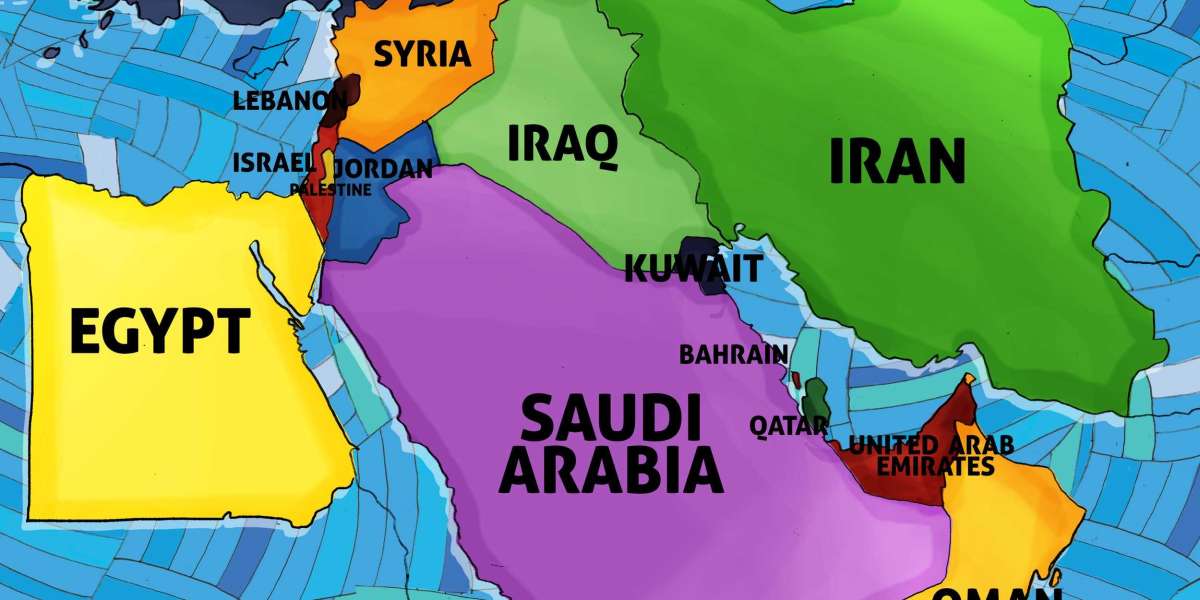Russia has long been a key player in West Asia, particularly in Syria, where it has maintained a stronghold since its military intervention in 2015. The fall of Bashar al-Assad in December 2024 marked a significant turning point in Moscow’s regional influence. With Assad fleeing to Moscow after his forces lost control to the Türkiye-backed Hay’at Tahrir al-Sham (HTS), Russia has had to recalibrate its approach. Rather than directly backing the new regime, the Kremlin has chosen a pragmatic route—engaging with the transitional government to safeguard its strategic interests.
Moscow’s Engagement with the New Syrian Government
For years, Russia remained steadfast in its support for Assad’s rule, offering military backing to counter opposition forces. However, following Assad’s departure, Russia swiftly changed its rhetoric, referring to HTS as the “armed opposition” instead of a “terrorist group.” The Kremlin has since opened communication channels with the new administration, ensuring the security of its military bases and diplomatic missions. This strategic pivot underscores Russia’s broader efforts to maintain influence in West Asia, particularly as its leverage has diminished due to its ongoing focus on Ukraine.
One of the key considerations for Moscow is its future relationship with HTS, which remains on Russia’s terrorist list. However, recent legal amendments in Russia allow for the suspension of bans on certain groups, paving the way for potential formal interactions with HTS. This move could help Russia retain its role as an external balancer in West Asia, ensuring it remains relevant in regional geopolitics.
The Impact of the Ukraine War on Russia’s Regional Influence
Russia’s engagement in West Asia has been shaped not only by developments in Syria but also by the shifting dynamics of the Ukraine conflict. As Moscow redirected its military resources to Ukraine, its presence in Syria weakened, leading to a power vacuum that Türkiye and Israel have sought to fill. Türkiye’s growing economic and strategic leverage over Russia—especially in energy trade—has also redefined Moscow’s influence in the region.
With the expiration of the Ukraine gas transit deal in January 2025, Türkiye holds a stronger bargaining position, given that the TurkStream pipeline remains Russia’s primary route for supplying gas to Europe. Consequently, Moscow’s dependency on Ankara could lead to further compromises, affecting its broader geopolitical strategies in West Asia.
What Lies Ahead?
The fall of Assad signals a shift in the balance of power in West Asia, compelling Russia to adopt a more flexible approach. While Moscow will likely continue engaging with Syria’s new leadership, its ability to shape regional affairs has been curtailed. To stay updated on Russia’s evolving role in the region, visit this source.







